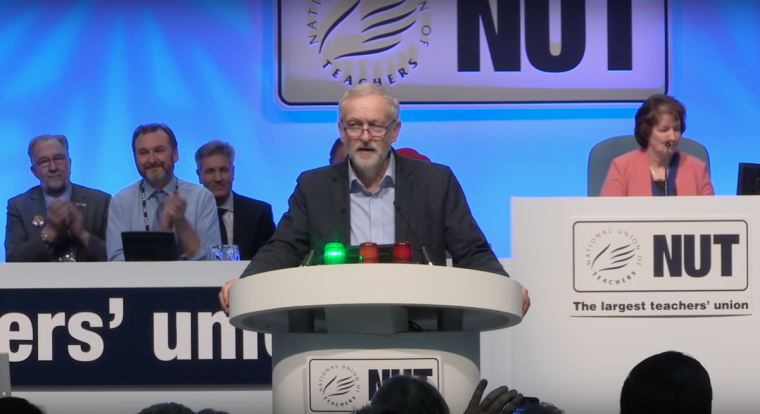Schools have 'moral obligation' to protect students from extremism, says union head.

There is a "moral obligation" on schools to protect children and young people from extremism, according to the head of the UK's largest teaching union.
However, the union has "concerns" about the current strategy, Prevent, used by the Government.
Christine Blower, general secretary of the National Union of Teachers, speaking after the union at its annual conference supported backed a call for a review of Prevent and voted for it to be withdrawn from schools and colleges, said: "Evidence shows that grooming by extremist groups happens mainly on social media sites, not on school premises.
"Schools' best contribution to countering any behaviour that could be a problem is by encouraging discussion. Some aspects of Prevent inhibit this and it is for this reason that we need a review of the strategy to find the right, and best way to protect children and young people.
"The NUT is calling on the Government to involve the profession in developing alternative strategies to safeguard children and identify risks posed to young people."
Prevent is part of the Government's counter-extremism strategy. The aim of Prevent is to stop people becoming extremists.
Teachers at the NUT conference warned that the strategy was in danger of shutting down open debate.
The conference was told by teacher delegates that the strategy created suspicion and confusion and prevented discussion of challenging ideas. The conference was told that the strategy is being implemented against a "background of increased attacks on the Muslim community" and risks being used to target young Muslims.
The conference also heard of cases where young people were wrongly referred to the police.
Examples given were of a child who wrote about a "cucumber" which was misinterpreted as "cooker bomb", and a child who wrote about living in a "terraced" house, taken to mean a "terrorist" house.
The Department for Education said: "We make no apology for protecting children and young people from the risks of extremism and radicalisation. Prevent is playing a key role in identifying children at risk of radicalisation and supporting schools to intervene. Good schools will already have been safeguarding children from extremism and promoting fundamental British values long before this duty came into force."











